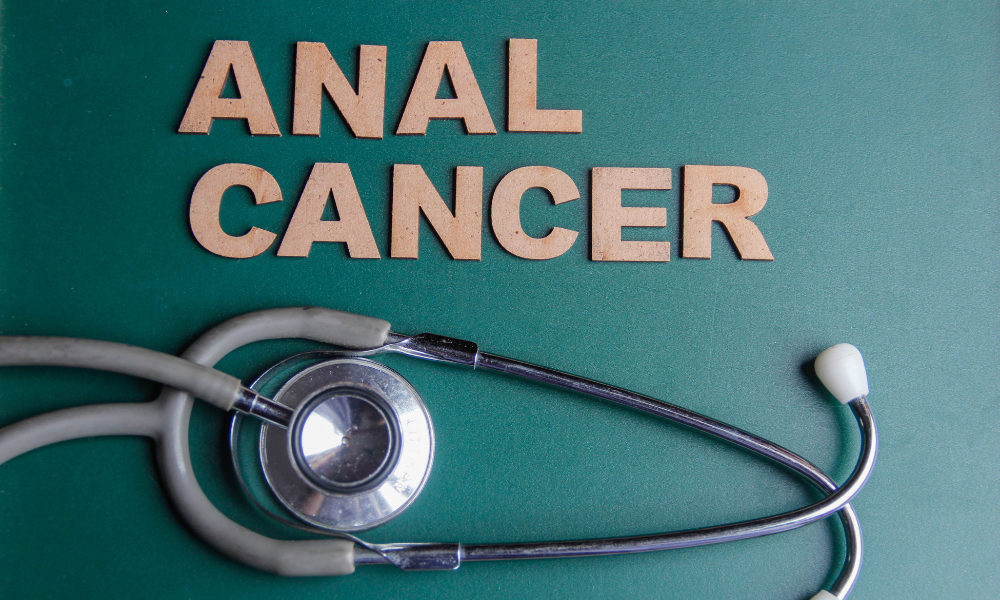HPV-Related Cancer

According to the Centers for Disease Control and Prevention (CDC), about 36,500 HPV-associated cancers occur in the U.S each year.
Desperate Housewives Star Talks about her Anal Cancer Diagnosis

Actress Marcia Cross Discusses Her Anal Cancer Diagnosis Hoping to lessen stigma and spur conversations between patients and health care professionals, Desperate Housewives actor Marcia Cross recently told CBS This Morning she was diagnosed with anal cancer about a year and a half ago. “High risk” types of HPV are associated with a number of […]
ASHA Survey Shows Many Herpes Patients Diagnosed Incorrectly

Think you can tell that a rash or sore is a genital herpes infection just by looking at it? If you said “no,” you’re right. You can’t. And neither can your healthcare provider.
Herpes Vaccine Research

There are currently both preventive and therapeutic vaccines under development. While the primary focus is on HSV-2, the primary cause of genital infection, HSV-2 vaccines may also have benefits in preventing or treating HSV-1 infection.
Clinical Trials for Cervical Cancer
Clinical Trials for Cervical Cancer For patients with cervical cancer, standard treatment may include surgery, radiation, or chemotherapy. Before a treatment regimen can become standard, it must go through a clinical trial. Clinical trials test if a potential treatment is safe and effective in humans. Clinical trials go through a series of phases, starting with […]
Chlamydia: A Common and Curable Infection

Chlamydia: A Common and Curable Infection Chlamydia is a common and curable infection caused by the bacteria chlamydia trachomatis. It is the most common reportable STI in the U.S. In 2022, there were about 1.6 million cases reported. Chlamydia can cured with antibiotic treatment, but if left untreated it can lead to complications such as […]
Study Says Cervical Cancer Death Rates Are Far Higher Than We Thought

New research finds that women in the U.S. are dying from cervical cancer at rates far higher than we realized, especially with black women.
Study Finds Nearly Half of Men have HPV

Nearly half of males in the United States have genital human papillomavirus (HPV), according to a study published in JAMA Oncology.
A Cure for HPV? Evaluating HPV Treatment Options

A Cure for HPV? Evaluating HPV Treatment Options A cure for HPV! Satisfaction guaranteed! No more outbreaks! If you’ve had an HPV diagnosis, you may have seen claims like this in your search for information on the Internet and elsewhere, often written in large bold type. In smaller type are the disclaimers: “Individual results may […]
National Women and Girls HIV/AIDS Awareness Day

National Women and Girls HIV/AIDS Awareness Day is an annual, nationwide observance that sheds light on the impact of HIV and AIDS on women and girls. The U.S. Department of Health and Human Services’ Office on Women’s Health (OWH) leads National Women and Girls HIV/AIDS Awareness Day. Every year on March 10, and throughout the […]